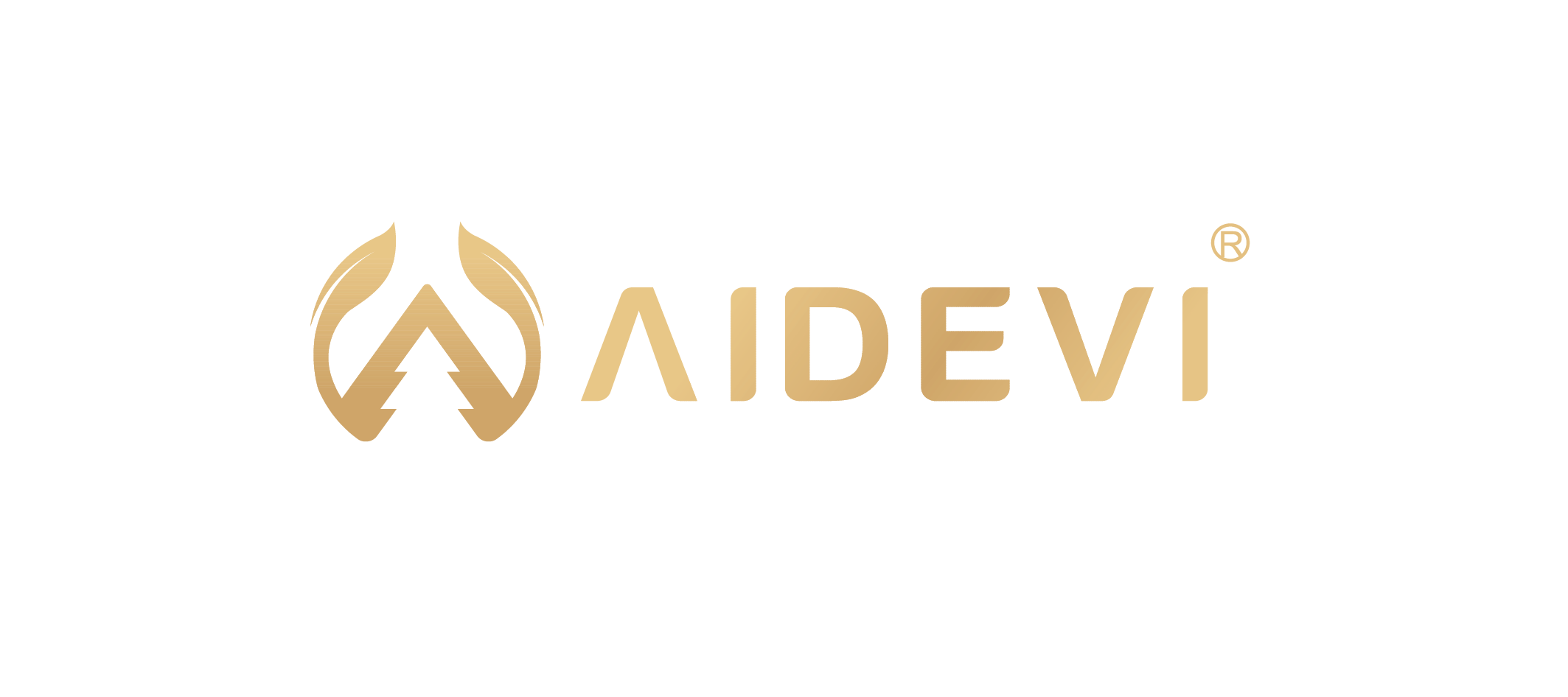NMN and Resveratrol in Anti-Aging Science
Apr 19,2024 | AIDEVI
We all want to stay healthy and vibrant as we get older. While we can't stop aging, science is uncovering ways to slow it down. Two substances, Nicotinamide Mononucleotide (NMN) and Resveratrol, have caught scientists' attention for their potential to help us age better.
NMN is like a building block for a molecule called NAD+, which is crucial for our cells' energy and function. Resveratrol is found in certain plants and has been linked to health benefits.
In this article, we'll explore how NMN and Resveratrol might help us stay healthier as we age. By understanding how these substances work, we can discover new ways to live longer, healthier lives.
Understanding Aging
Aging is a natural process that happens to everyone as they grow older. Our bodies change over time, and this can lead to things like wrinkles, weaker muscles, and slower thinking. But what causes these changes?
Inside our bodies, tiny parts called cells are constantly working to keep us alive and healthy. As we age, these cells start to wear out and don't work as well as they used to. This is partly because of things called "oxidative stress" and "inflammation." Oxidative stress is like rusting inside our bodies, and inflammation is our body's response to injury or infection.
When cells don't work properly, it can affect how our organs and tissues function. For example, our skin might lose its elasticity, making it sag and wrinkle. Our muscles might become weaker, making it harder to move around. And our brains might not work as quickly, affecting our memory and thinking.
Scientists are studying aging to understand how it happens and if there are ways to slow it down or even reverse it. By learning more about the causes of aging, we can find ways to stay healthier and live longer lives.
Beyond Aging: How NMN and Resveratrol Are Changing the Game
While Nicotinamide Mononucleotide (NMN) and Resveratrol each offer distinct benefits in combating aging, recent research suggests that their combined use may yield even greater results. This synergy arises from their complementary mechanisms of action, which target different aspects of the aging process.
NMN primarily works by replenishing levels of nicotinamide adenine dinucleotide (NAD+), a molecule essential for cellular energy production and DNA repair. By boosting NAD+ levels, NMN enhances mitochondrial function and supports overall cellular health. On the other hand, Resveratrol, a polyphenol found in certain plants, exhibits antioxidant and anti-inflammatory properties, protecting cells from oxidative damage and reducing inflammation associated with aging.
Recent studies have explored the potential synergistic effects of NMN and Resveratrol in various models of aging and age-related diseases. For instance, research conducted in animal models has demonstrated that combining NMN with Resveratrol can enhance mitochondrial function, improve physical endurance, and extend lifespan more effectively than either compound alone.
Moreover, emerging evidence suggests that NMN and Resveratrol may act synergistically to activate sirtuins, a family of proteins involved in regulating cellular processes related to aging. Sirtuins play a key role in maintaining genomic stability, promoting DNA repair, and modulating cellular metabolism. By activating sirtuins, NMN and Resveratrol may exert additive or synergistic effects on cellular health and longevity.
In addition to preclinical studies, clinical research has also begun to investigate the combined use of NMN and Resveratrol in human subjects. Preliminary findings suggest that supplementation with NMN and Resveratrol may improve markers of metabolic health, enhance cognitive function, and mitigate age-related decline in certain populations. However, more rigorous clinical trials are needed to confirm these observations and elucidate the optimal dosages and treatment regimens for maximizing the synergistic benefits of NMN and Resveratrol in humans.
Overall, the synergy between NMN and Resveratrol represents a promising avenue for anti-aging interventions. By leveraging their complementary mechanisms of action, NMN and Resveratrol may offer a synergistic approach to promoting healthy aging and extending lifespan. Further research in this area holds the potential to unlock new strategies for enhancing longevity and improving quality of life in aging populations.
Conclusion
NMN and Resveratrol show promise in promoting healthier aging. Their synergy, demonstrated in studies, suggests combined benefits for cellular health and longevity. However, further research is needed to optimize their use and understand potential side effects. Overall, these compounds offer exciting potential to enhance quality of life as we age.
References
-
Imai S, Guarente L. NAD+ and sirtuins in aging and disease. Trends Cell Biol. 2014;24(8):464-471. doi:10.1016/j.tcb.2014.04.002
-
Mills KF, Yoshida S, Stein LR, et al. Long-term administration of nicotinamide mononucleotide mitigates age-associated physiological decline in mice. Cell Metab. 2016;24(6):795-806. doi:10.1016/j.cmet.2016.09.013
-
Baur JA, Sinclair DA. Therapeutic potential of resveratrol: the in vivo evidence. Nat Rev Drug Discov. 2006;5(6):493-506. doi:10.1038/nrd2060
-
Timmers S, Konings E, Bilet L, et al. Calorie restriction-like effects of 30 days of resveratrol supplementation on energy metabolism and metabolic profile in obese humans. Cell Metab. 2011;14(5):612-622. doi:10.1016/j.cmet.2011.10.002
-
Gomes AP, Price NL, Ling AJ, et al. Declining NAD+ induces a pseudohypoxic state disrupting nuclear-mitochondrial communication during aging. Cell. 2013;155(7):1624-1638. doi:10.1016/j.cell.2013.11.037



-3.jpeg?w=1200&h=675)
-1.jpeg?w=1200&h=675)
.jpeg?w=1200&h=675)


